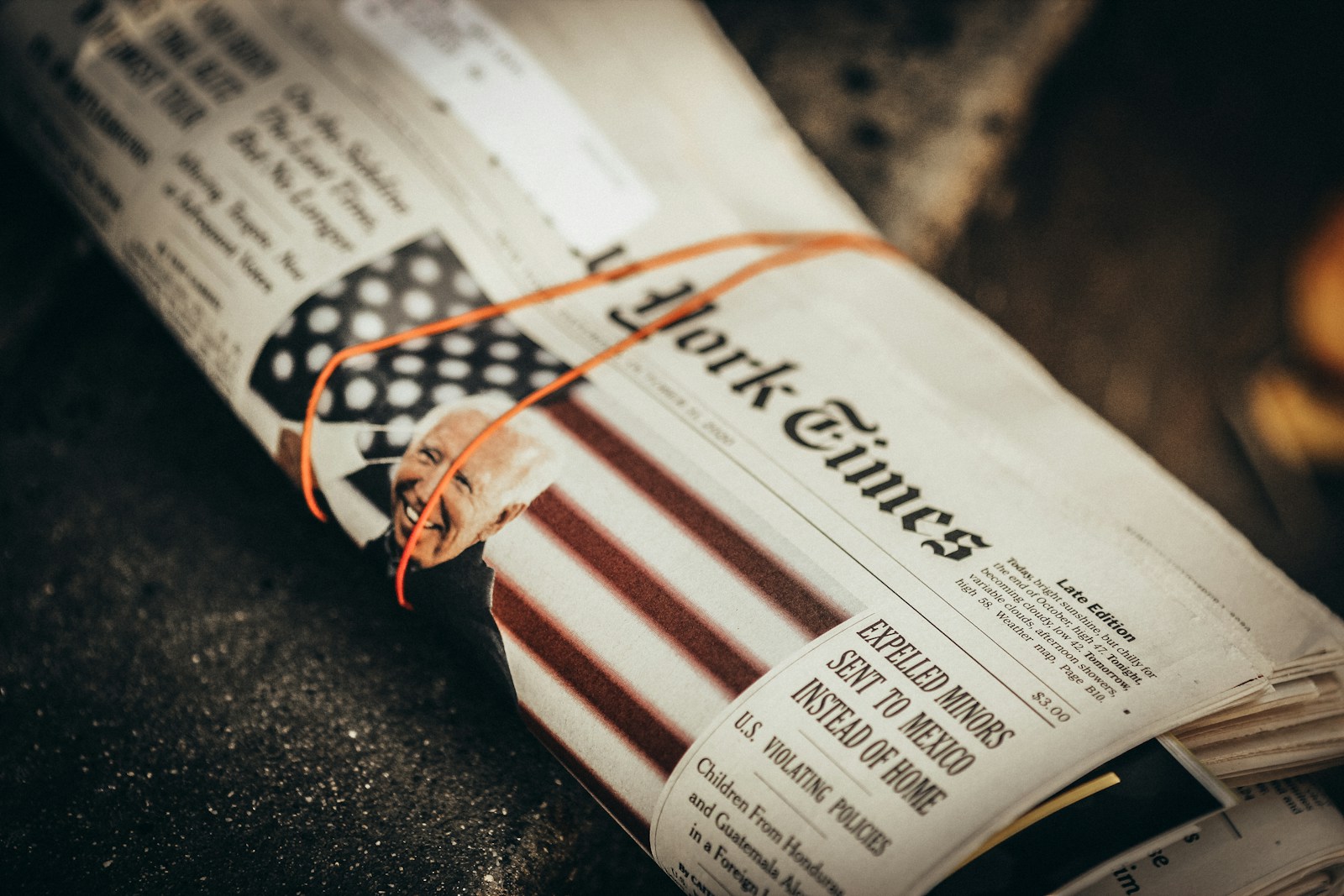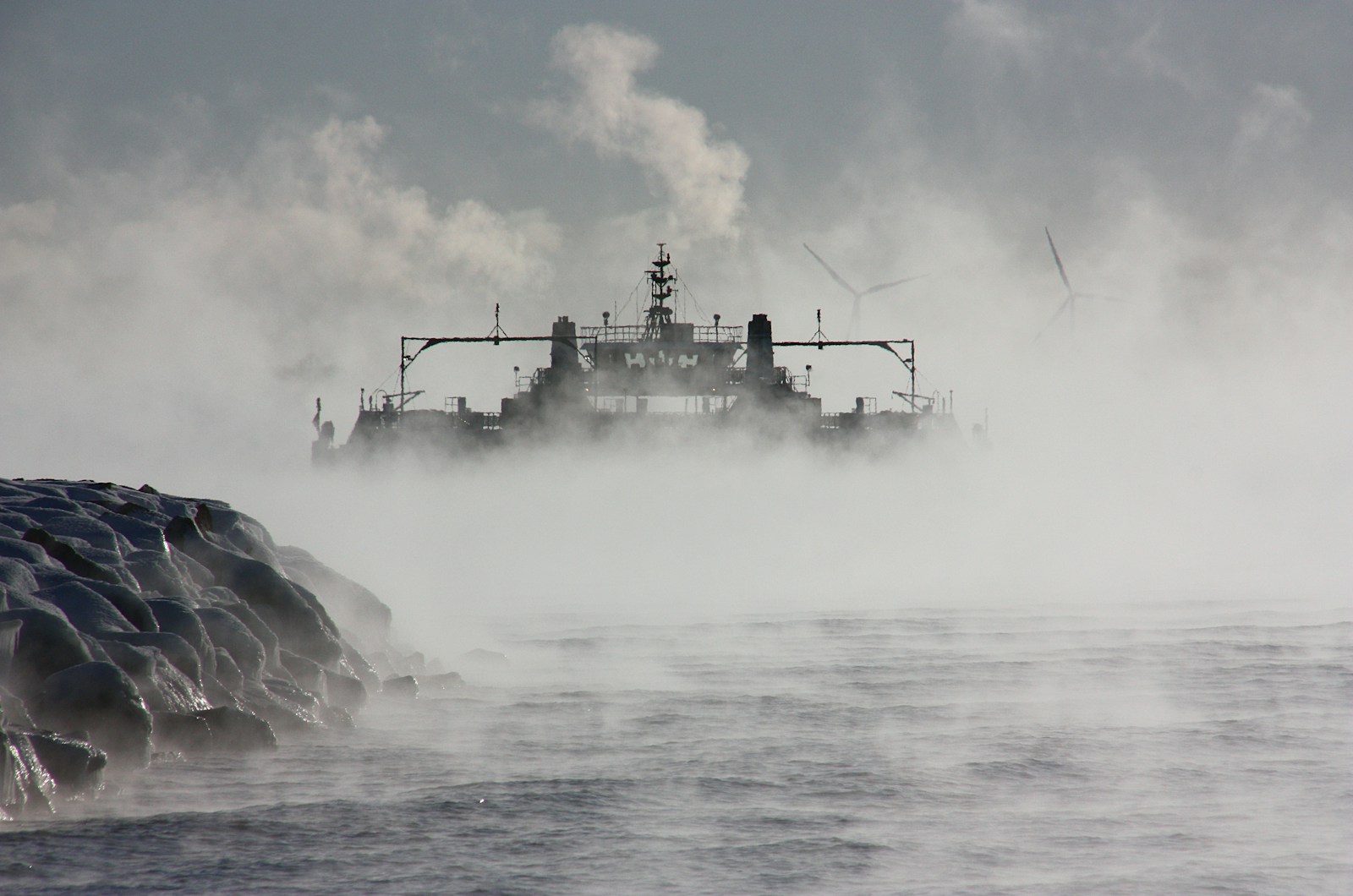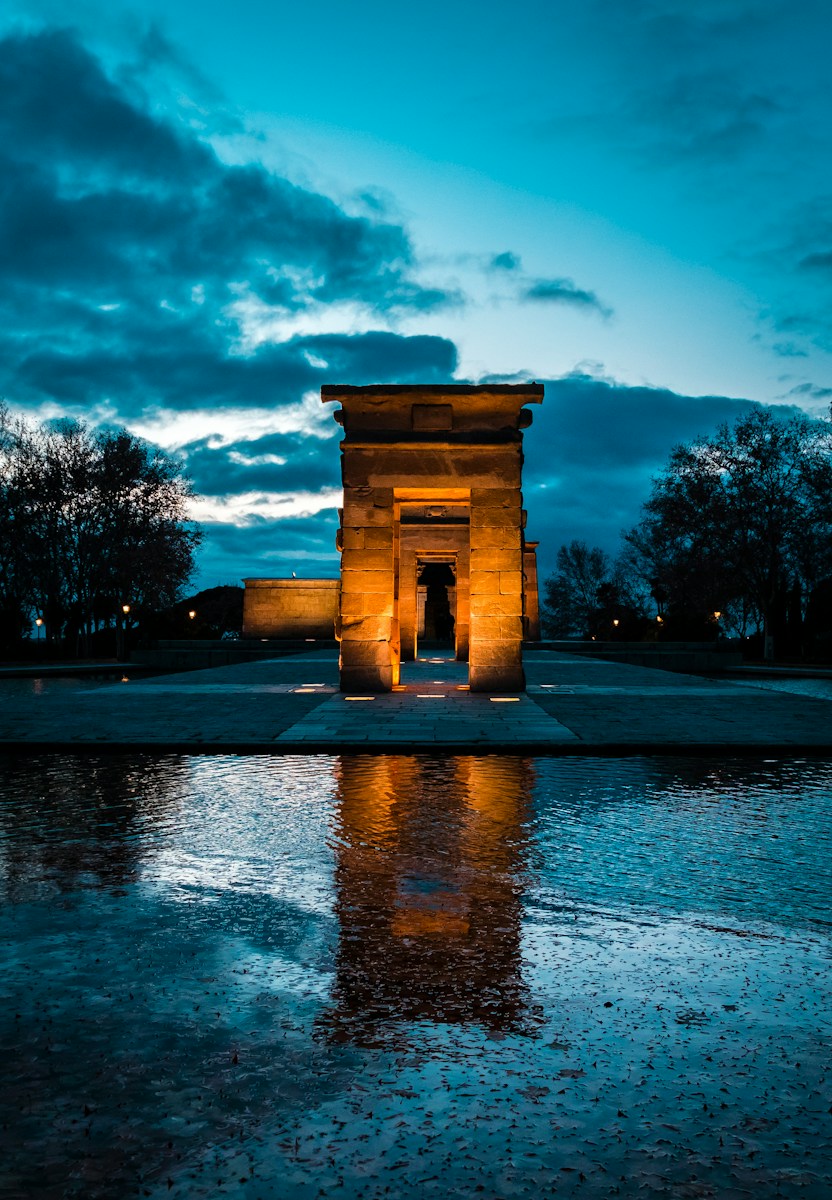Introduction
Venezuela’s political landscape is once again plagued with controversy as the opposition accuses the Maduro government of a “repressive escalation.” The recent decision by the court to uphold an election ban on a prominent candidate has further fueled tensions in the country. This article will delve into the details surrounding this development and explore the implications it holds for Venezuela’s political future.
Historical Context
To understand the gravity of the situation, it is crucial to examine the historical context of Venezuela’s political climate. Over the past decade, the country has faced numerous challenges, including economic instability, hyperinflation, and widespread corruption. These factors have contributed to a deepening divide between the ruling party and the opposition, leading to a series of protests and clashes.
The Maduro Government’s Response
In response to mounting pressure, the Maduro government has been accused of resorting to repressive measures to maintain its grip on power. The recent court decision to uphold an election ban on a prominent opposition candidate is seen as a clear example of these tactics. Critics argue that such actions undermine the democratic principles that Venezuela should uphold.
The Election Ban
The upheld election ban on the opposition candidate has sent shockwaves through Venezuela’s political landscape. The candidate in question was a popular figure among the opposition, with a strong chance of challenging the ruling party in upcoming elections. The ban effectively eliminates a major contender, raising concerns about the fairness and legitimacy of the electoral process.
Opposition’s Accusations
The opposition, backed by international allies, has vehemently criticized the election ban, labeling it as a “repressive escalation.” They argue that the Maduro government is using its influence over the court system to suppress dissent and consolidate power. This move has further eroded trust in the government and exacerbated tensions between the ruling party and the opposition.
International Response
The international community has closely monitored the situation in Venezuela, expressing concern over the erosion of democratic principles. Several countries have condemned the election ban and called for the restoration of fair and transparent electoral processes. Sanctions and diplomatic pressure have been employed as a means to encourage the Maduro government to reconsider its actions.
Implications for Venezuela’s Political Future
The election ban and the subsequent accusations of a “repressive escalation” have far-reaching implications for Venezuela’s political future. It raises questions about the legitimacy of the electoral process and the government’s commitment to democratic principles. The ban also limits the choices available to Venezuelans, potentially stifling their ability to express their political preferences freely.
Potential Escalation of Protests
The decision to uphold the election ban could ignite further protests and clashes between the ruling party and the opposition. As tensions continue to mount, the possibility of increased civil unrest looms over Venezuela. The government’s response to these protests will be critical in shaping the country’s future trajectory.
The Role of International Mediation
Given the complexities of the situation, international mediation may play a crucial role in finding a peaceful resolution. Dialogue and negotiations between the Maduro government and the opposition, facilitated by international actors, could provide a path towards reconciliation and political stability. However, achieving consensus among the parties involved will be a challenging task.
Economic Consequences
The ongoing political turmoil in Venezuela has had severe economic consequences. The country’s economy has been in a state of decline, with hyperinflation and widespread shortages of essential goods. The political instability resulting from the election ban could further exacerbate these issues, hindering economic recovery and causing additional hardship for the Venezuelan people.





